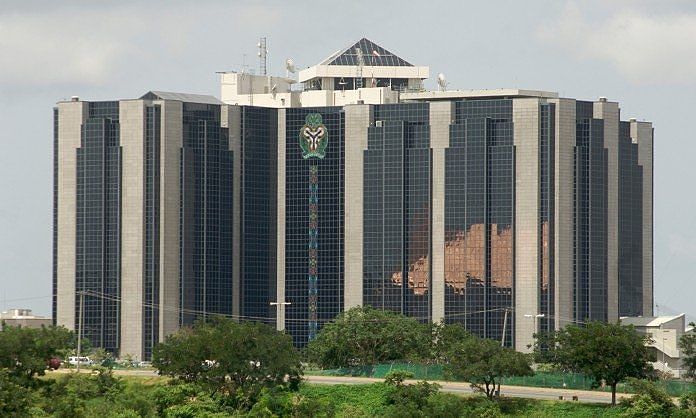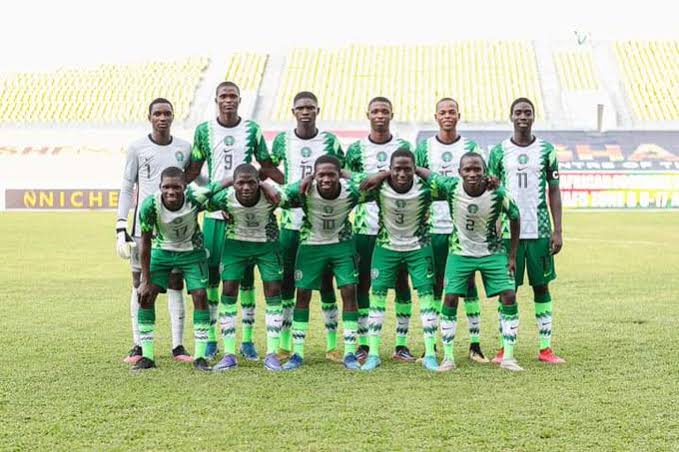Economic stakeholders and policy analysts have expressed significant concerns regarding the proposed amendments to the Central Bank of Nigeria (CBN) Act, 2007, currently being considered by the National Assembly.
Key issues include the potential undermining of the CBN’s operational independence and flexibility, essential for maintaining price stability. The establishment of a Coordinating Committee for Monetary and Fiscal Policies, chaired by the Minister of Finance, is particularly contentious. Critics argue this would lead to undue political interference, with fiscal authorities dominating the committee.
The Chartered Institute of Stockbrokers (CIS) and the Association of Securities Dealing Houses of Nigeria (ASHON) have voiced reservations, warning of adverse economic consequences. The bill, which has passed its second reading and is set for a public hearing on May 30th, seeks to modify the CBN’s autonomy by subjecting its budget to National Assembly approval and establishing the new committee.
Critics argue that these changes could politicize monetary policy decisions, hindering the CBN’s ability to manage the economy effectively. CIS President Oluropo Dada emphasized the importance of safeguarding the CBN’s independence to ensure decisions are driven by sound financial principles. ASHON Chairman Sam Onukwue highlighted the potential negative impact on investor confidence and the country’s global financial standing.
While acknowledging some proposed amendments aimed at enhancing corporate governance and compliance, both organizations stressed the broader implications. Dada noted the importance of preventing fiscal authorities from encroaching on the CBN’s operational independence to allow effective and timely monetary policy responses.
As the public hearing approaches, financial market participants, economists, and analysts will closely monitor the proceedings. The outcome will have significant implications for Nigeria’s economic policy framework and its global economic standing.
The Conference of Civil Societies, in alignment with the International Monetary Fund (IMF), also expressed concerns that the amendments would weaken the CBN’s autonomy. Leader Adams Otakwu warned that the plan would hinder the bank’s ability to regulate the economy and manage monetary policy effectively.
The group called on the National Assembly to resist attempts to weaken the CBN and urged the government to focus on addressing the economy’s current challenges rather than creating confusion with ill-considered amendments.
Otakwu advised that any amendments to the CBN Act should be well thought out and noted that the current Act contains sufficient checks that can be triggered if necessary. He appealed to the media to continue highlighting economic issues such as exchange rate pressures, rising input prices, and security challenges to pressure fiscal and monetary authorities to fulfill their constitutional roles.
### Senate Holds Public Hearing on CBN, NDIC Act Amendment Bills
Meanwhile, the Senate Committee on Banking, Insurance, and Other Financial Institutions will hold a public hearing on Thursday regarding the proposed amendments to the CBN Act and the Nigeria Deposit Insurance Corporation (NDIC) Act. This follows the Senate’s second reading of the CBN Act amendment bill on February 27, 2024, and the NDIC Act amendment bill on February 29, 2024. Both bills were referred to the committee for further legislative action.
Sponsored by Mukhail Abiru, Chairman of the Committee, and co-sponsored by 41 members, the NDIC Act amendment seeks to enhance the Corporation’s effectiveness and autonomy. The CBN Act amendment proposes limiting the CBN governor’s tenure to a single six-year term, increasing loan advances to the federal government from 5% to 10%, and raising the Bank’s paid-up capital from N100 billion to N1 trillion.
The CBN Act bill also includes establishing a committee to coordinate monetary and fiscal policies, changing the leadership structure of the Bank’s Board of Governors, increasing the number of CBN deputy governors to five, subjecting the CBN budget to National Assembly approval, and requiring the publication of CBN policies.





